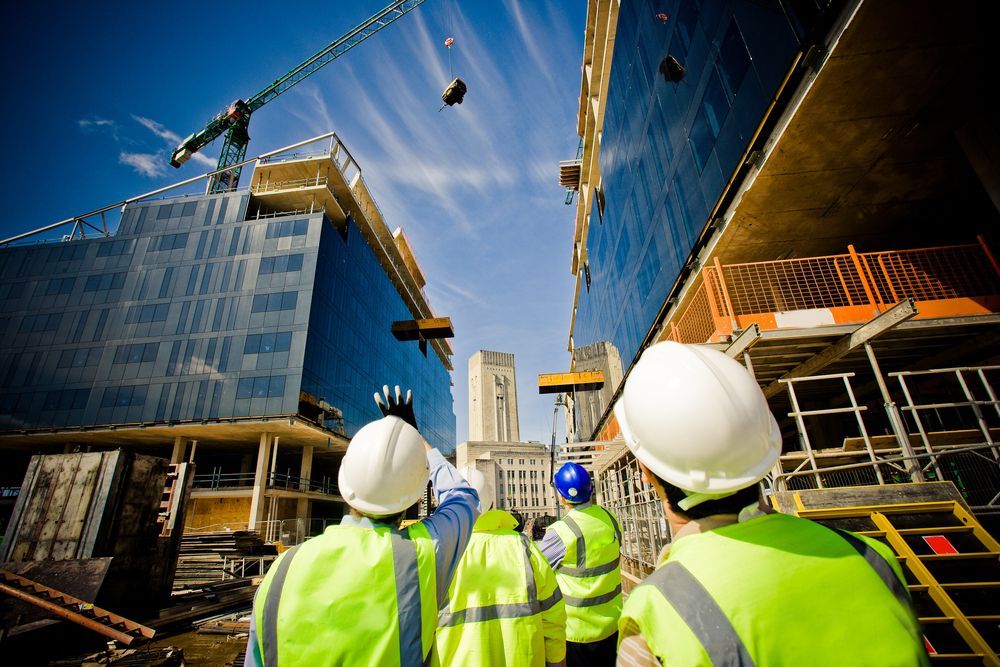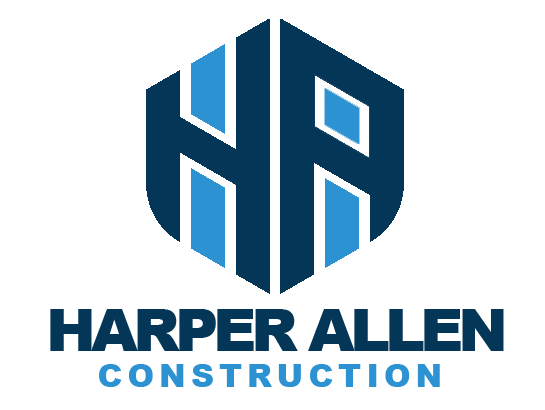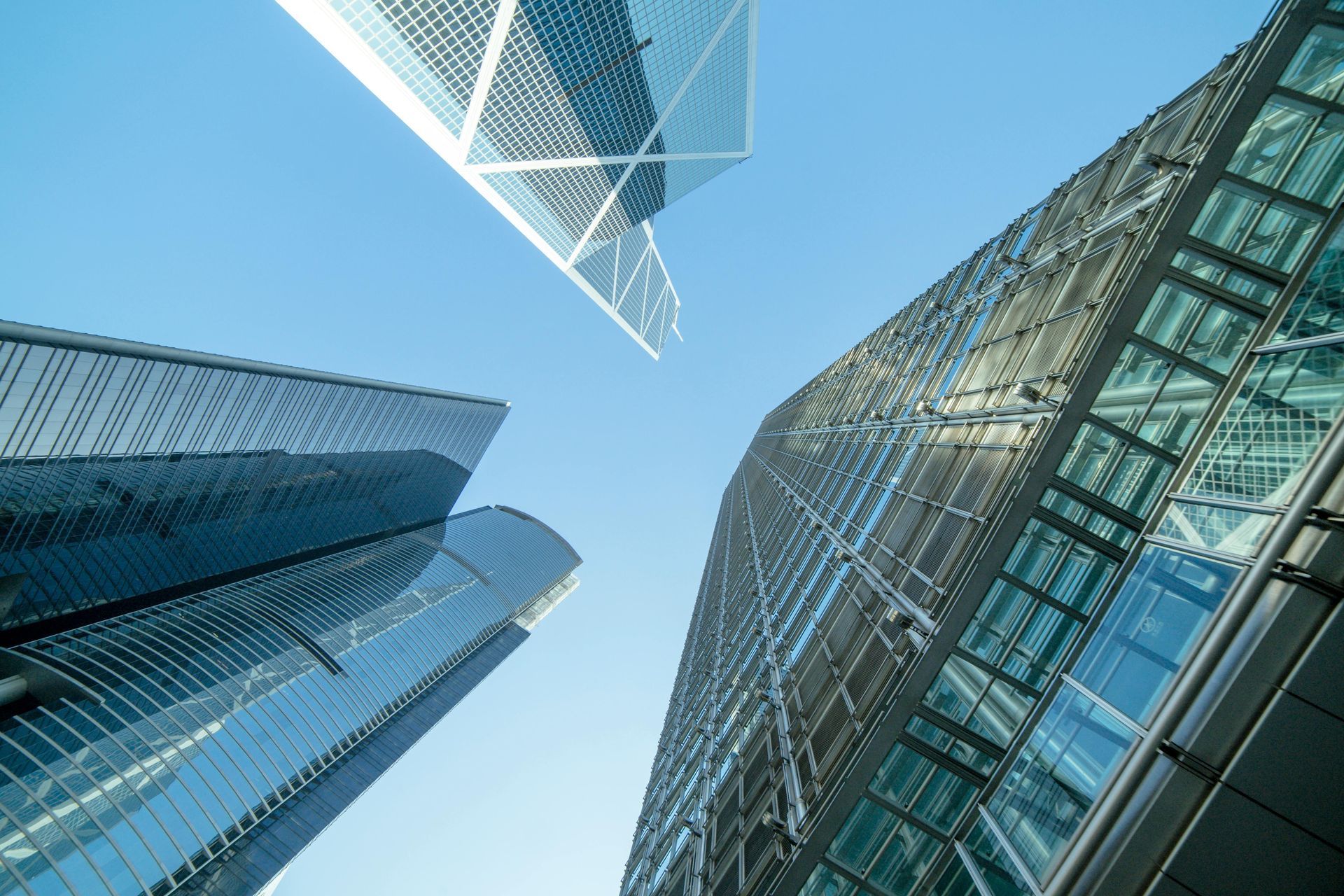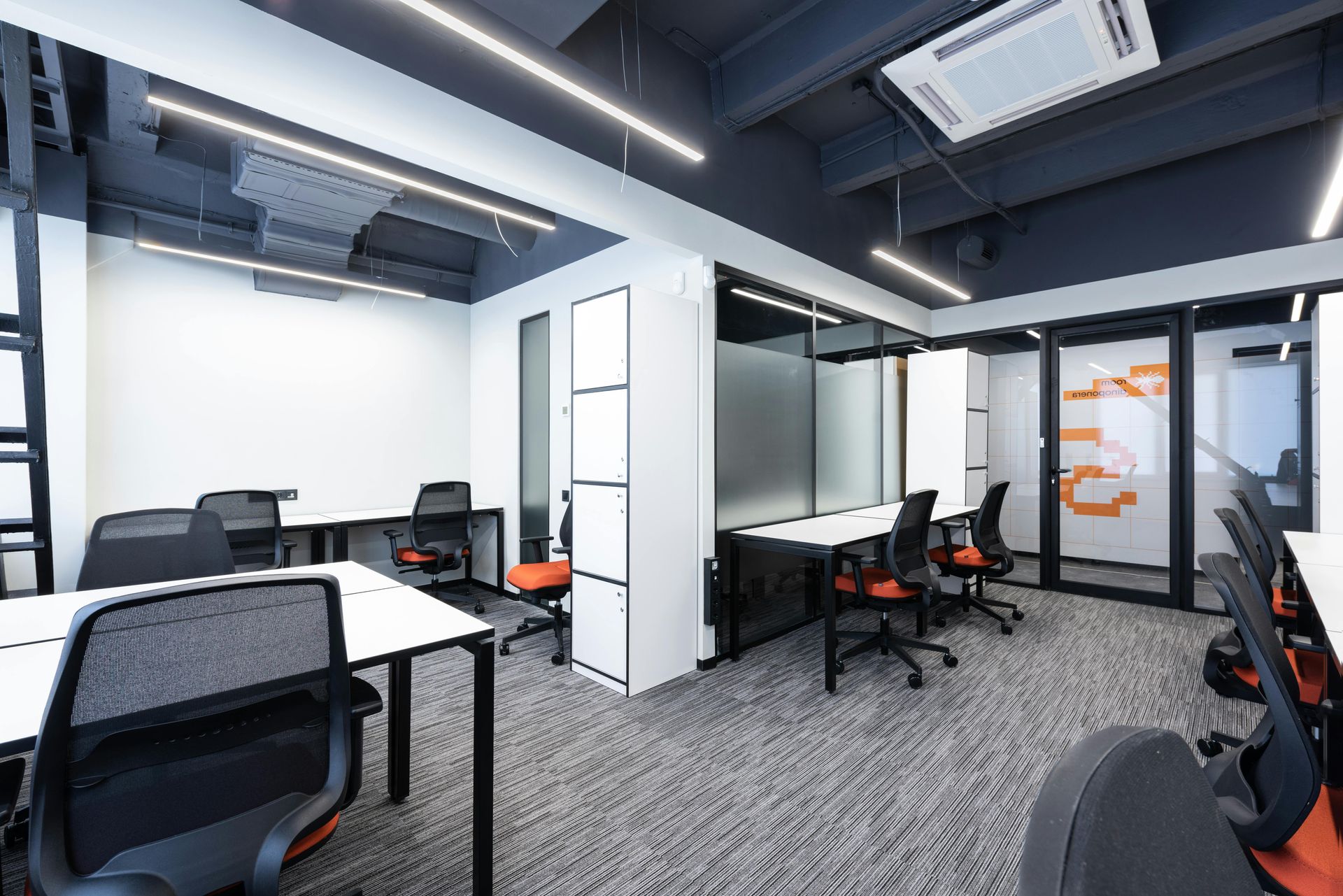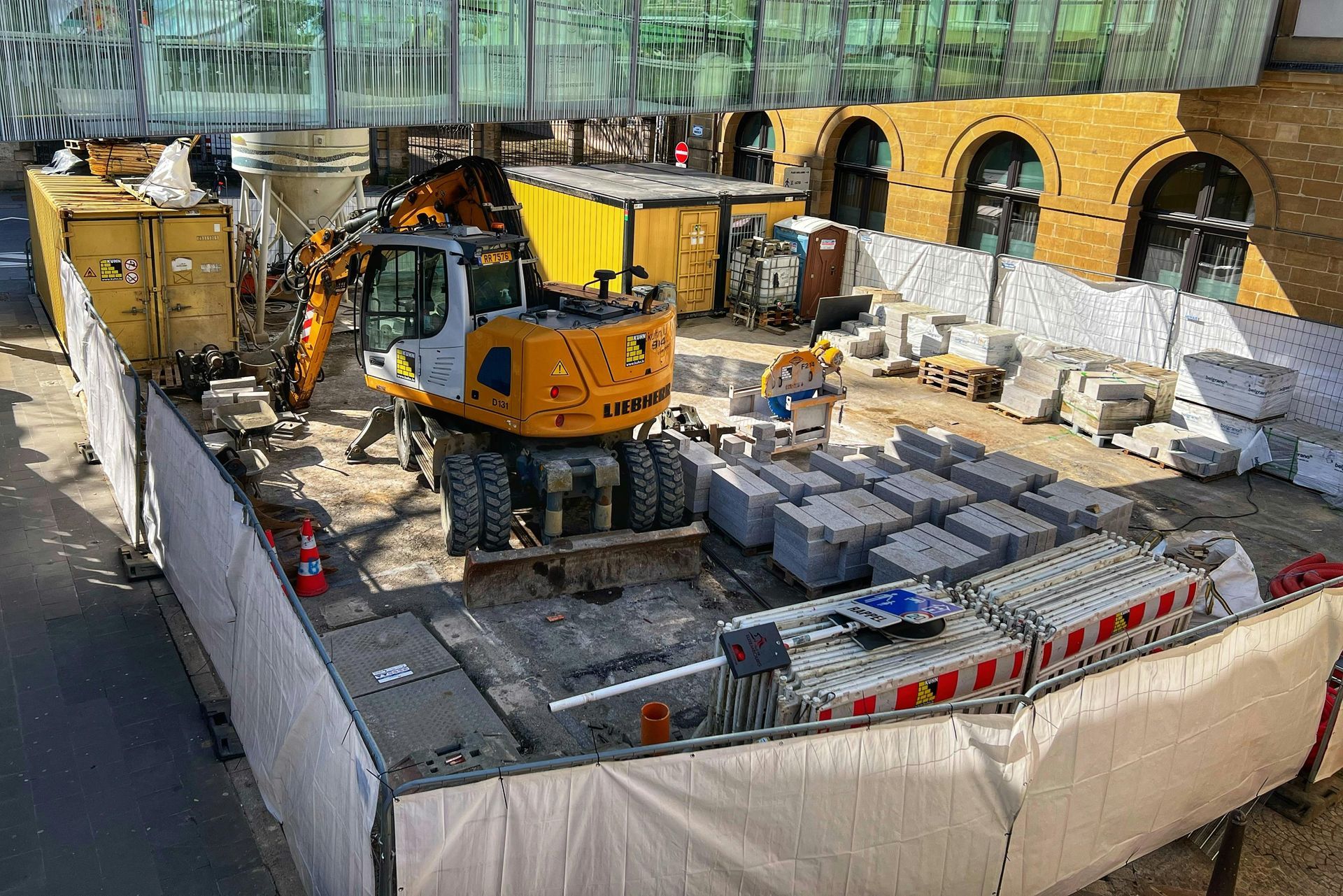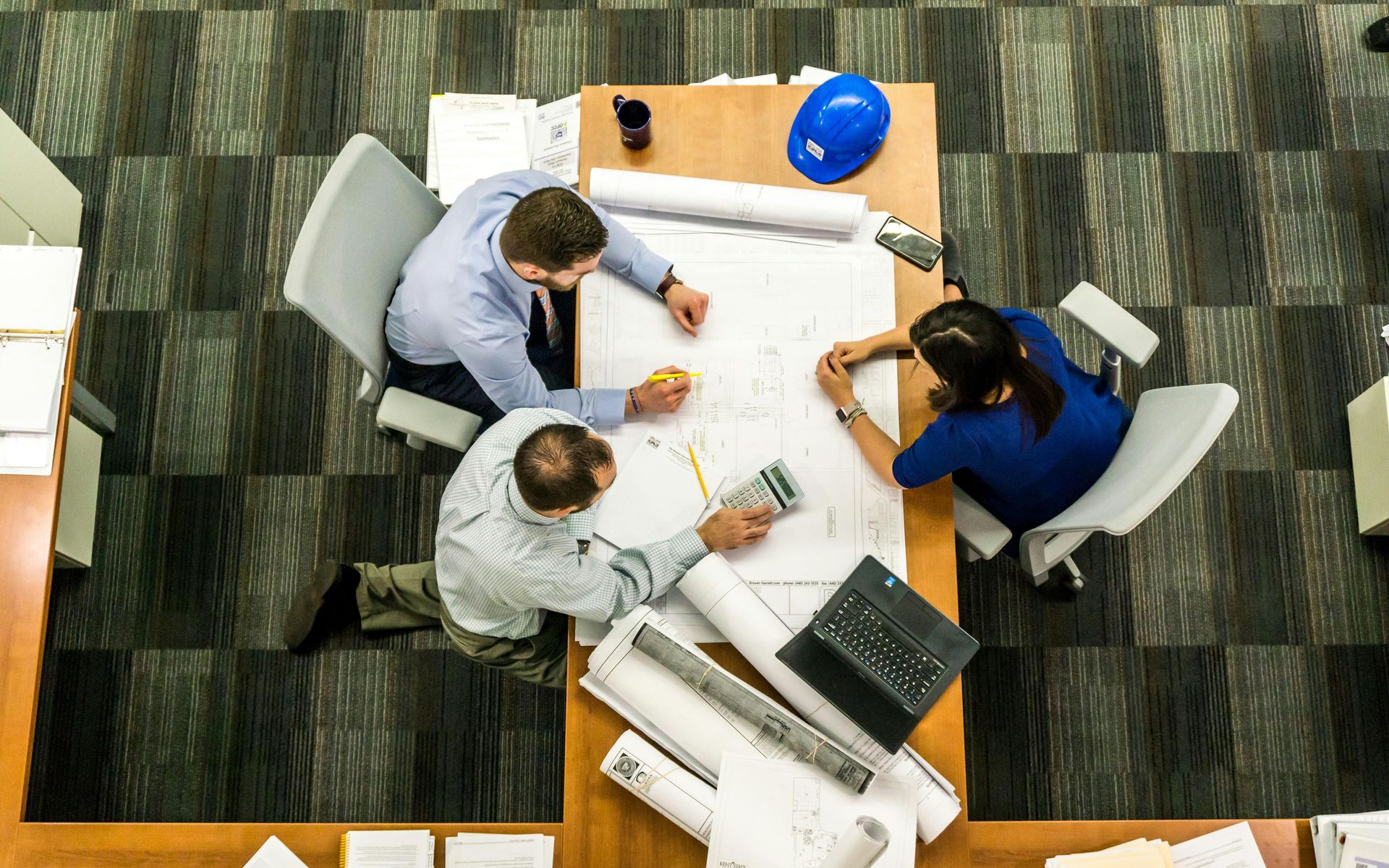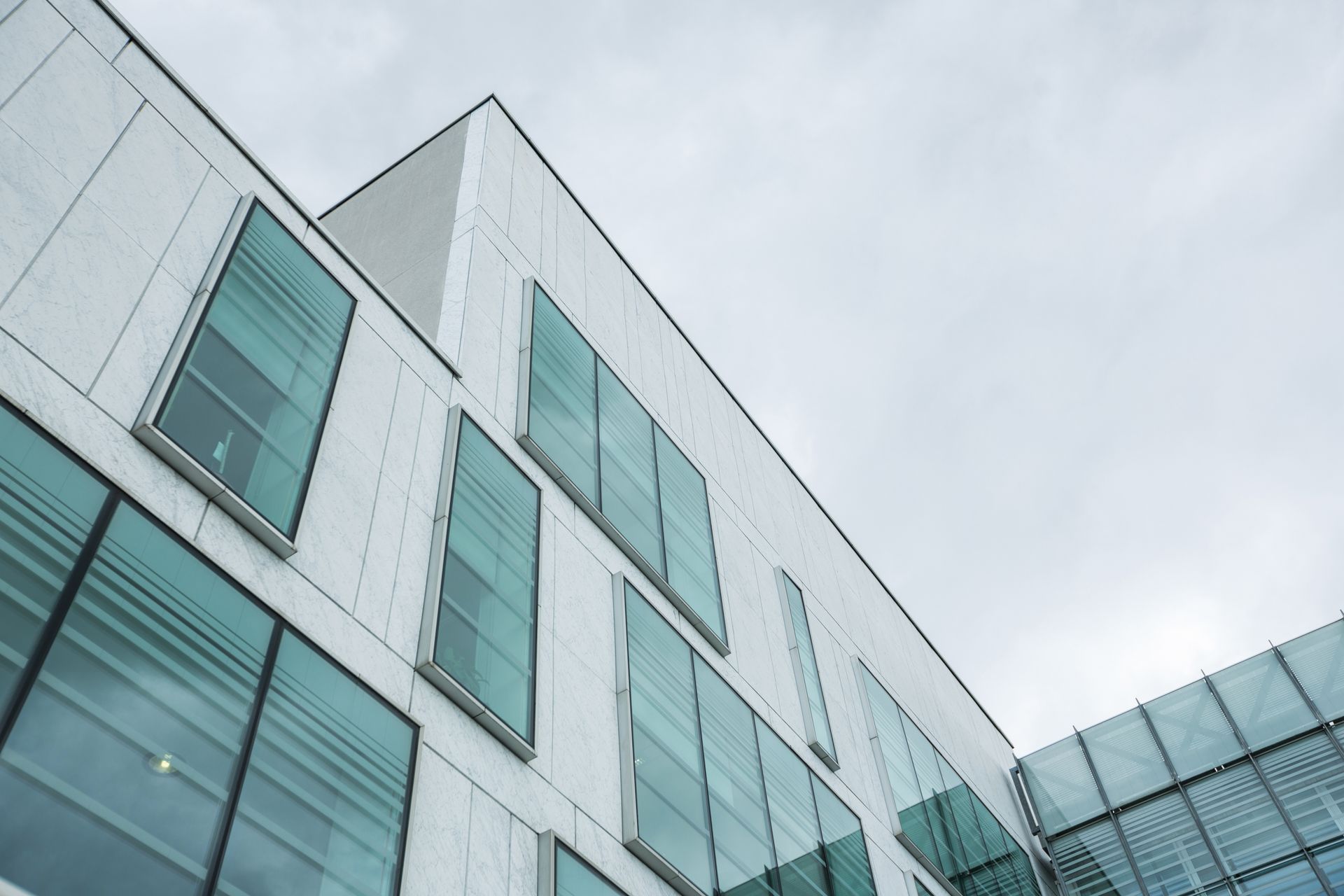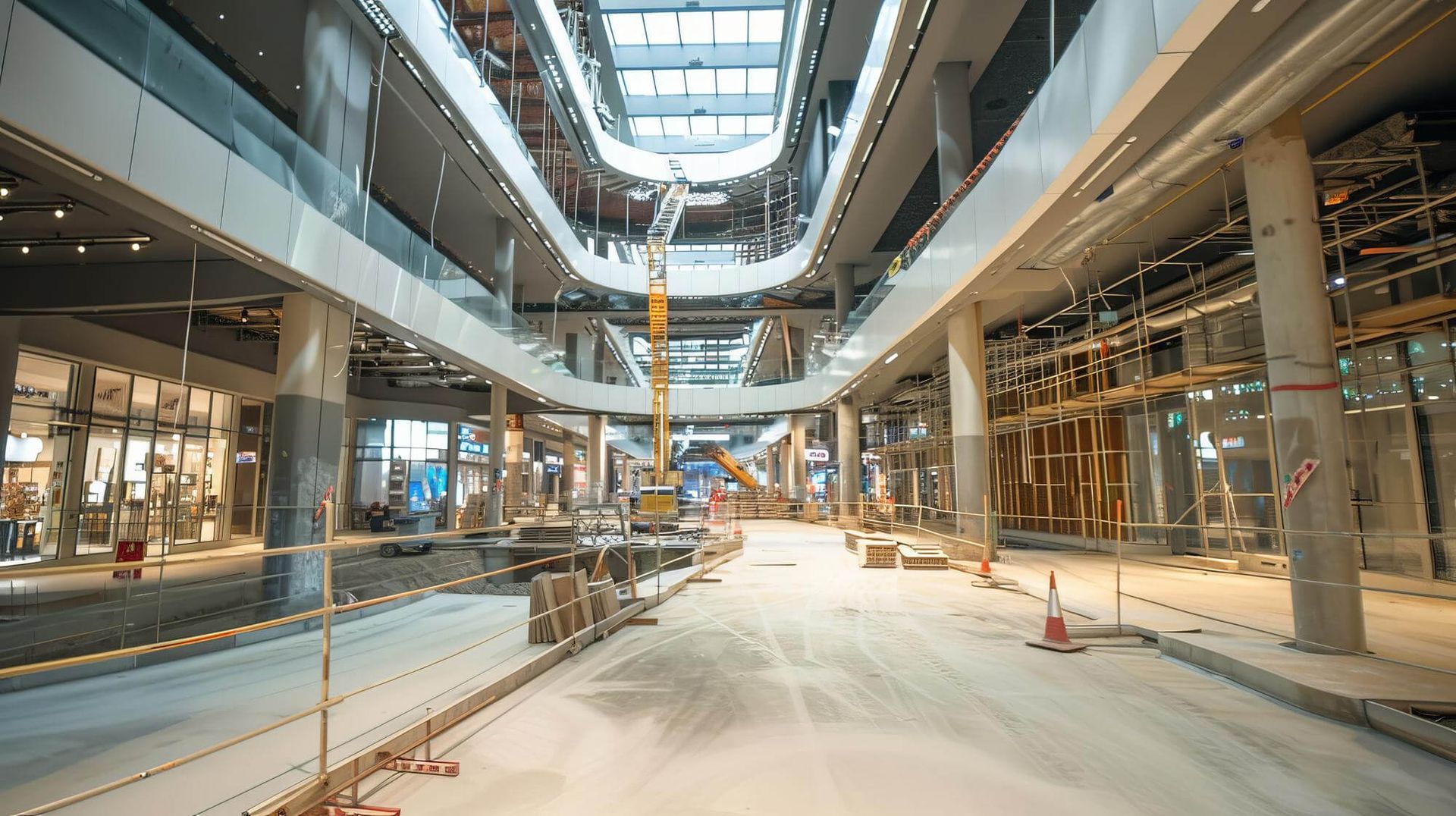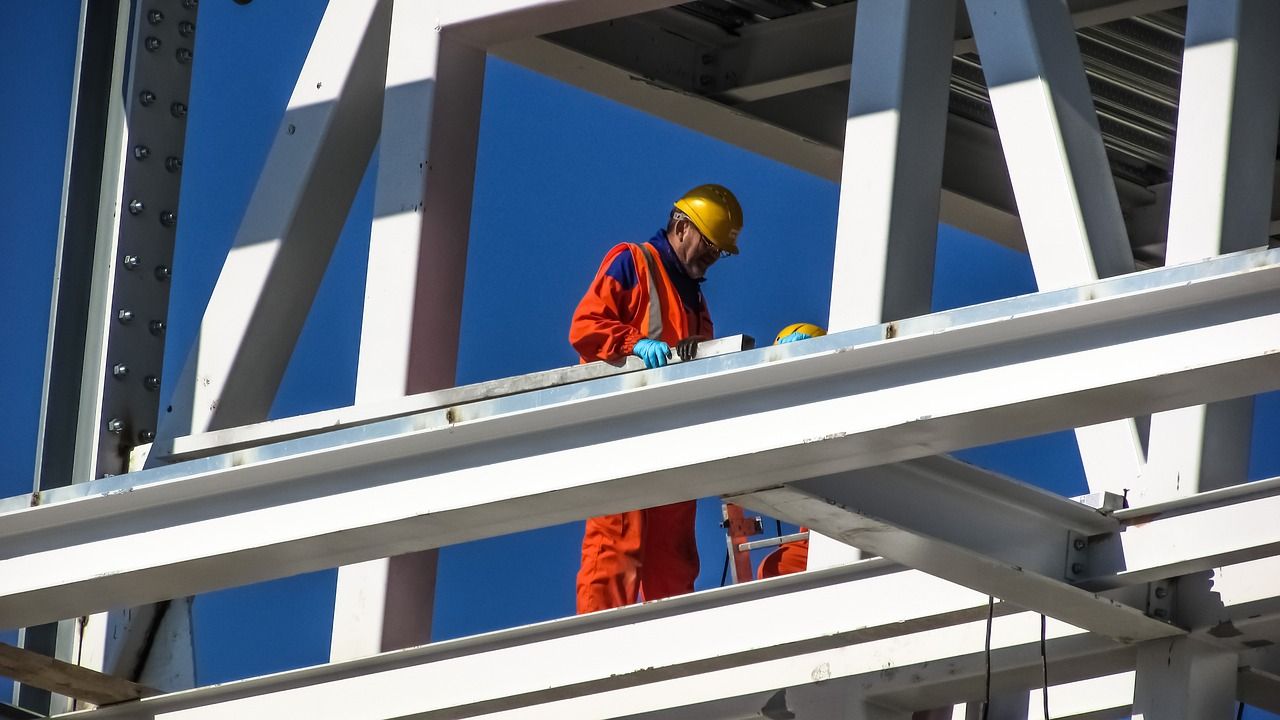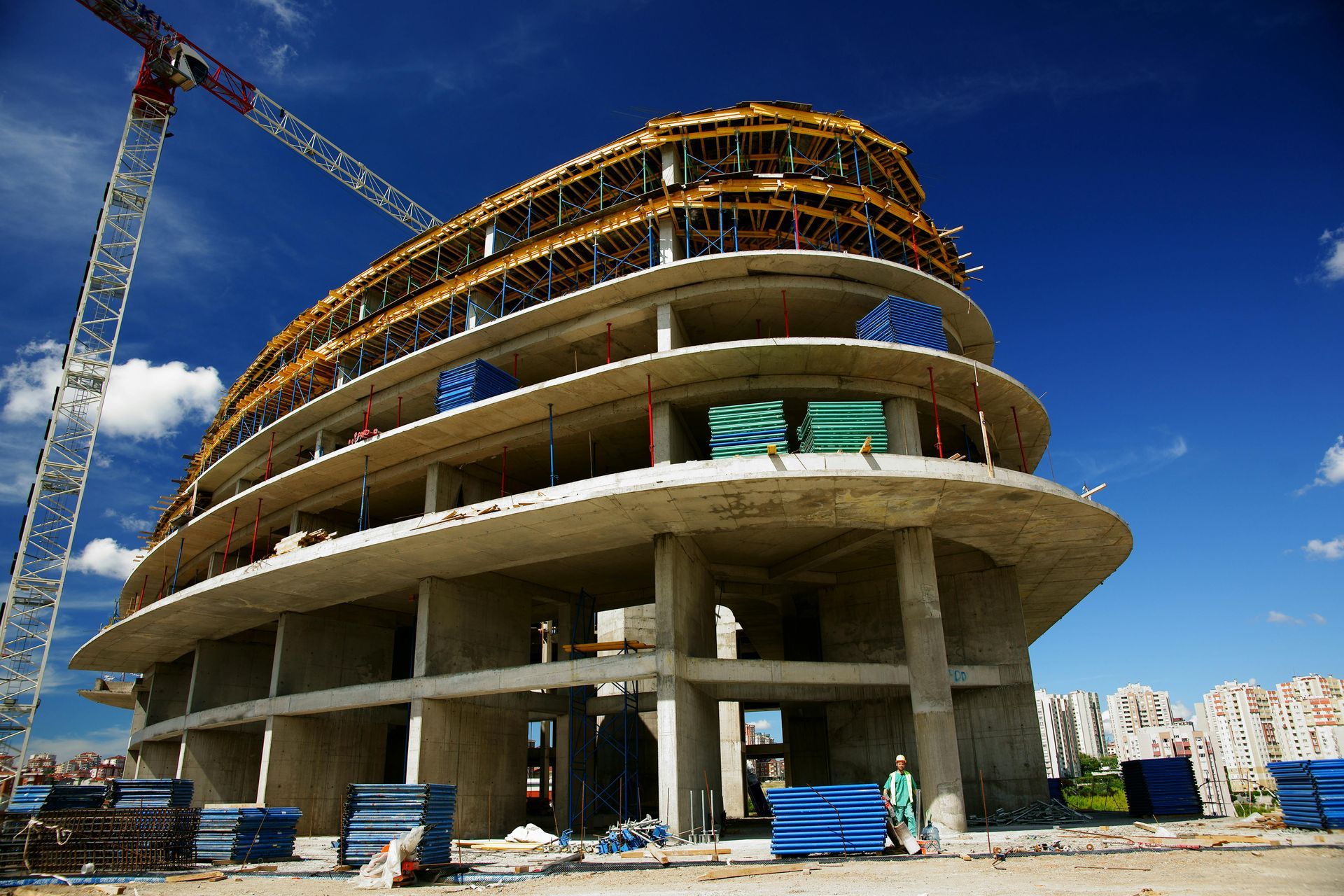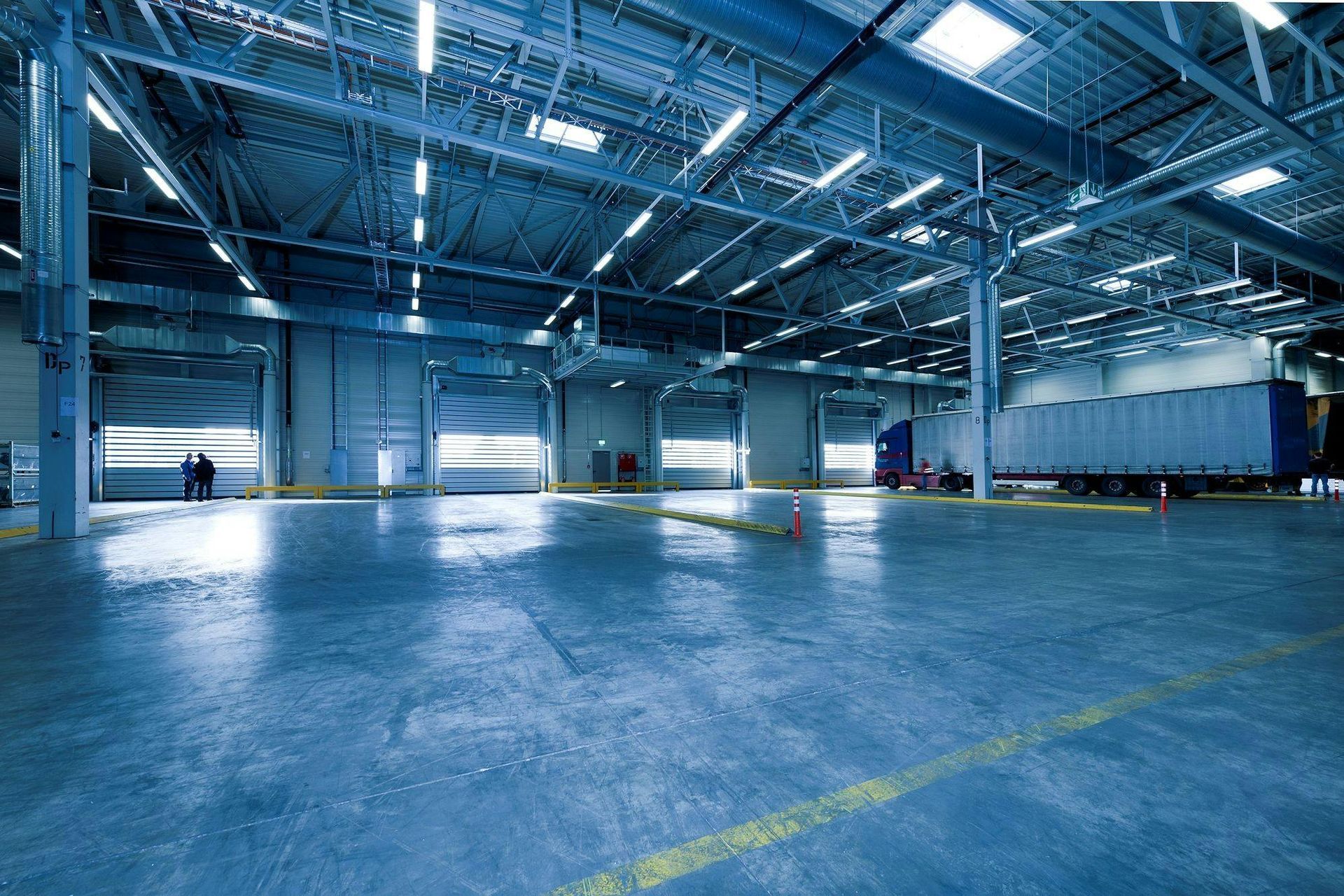Top Energy-Efficient Construction Practices for Commercial Buildings
Energy efficiency is no longer just a trend in construction. It is a necessity for businesses that want to cut operating costs, meet sustainability goals, and build a positive reputation with clients and communities. Whether you are planning a new facility or upgrading an existing property, choosing the right practices can make a huge difference. As a trusted commercial building company and industrial building company, we know that energy-efficient construction is about more than saving a few dollars on the electric bill. It is about creating long-lasting, high-performing buildings that serve people and the planet.
In this blog, we will dive into the most effective
commercial and industrial construction practices that promote energy efficiency. We will explore everything from building materials and design strategies to modern technologies and maintenance habits. And yes, we will sprinkle in a little humor — because nothing makes insulation more exciting than a good laugh.
Smart Design: The First Step Toward Energy Efficiency
Before a shovel hits the ground, design decisions shape how energy-efficient a building will be. A forward-thinking commercial building company knows that efficiency starts with blueprints.
Key design strategies:
- Passive solar design: By orienting windows and walls toward the sun, buildings can maximize natural light and heat during colder months. In warmer climates, shading devices and reflective materials keep interiors cool.
- Building envelope optimization: The envelope includes walls, roofs, windows, and doors. A well-sealed envelope minimizes air leaks and helps HVAC systems run more efficiently.
- Daylighting techniques: Skylights, light shelves, and large windows allow for more natural light, which cuts down on artificial lighting costs and improves employee morale.
- Space utilization: Properly planning the layout of rooms and workspaces can reduce heating and cooling needs.
Think of smart design as giving your building a “head start” in the race against energy waste. Instead of constantly battling temperature swings and lighting costs, your design does the heavy lifting for you.
Energy-Efficient Materials in Commercial and Industrial Construction
The choice of materials has a lasting impact on a building’s performance. An industrial building company that prioritizes energy efficiency will often recommend materials that provide durability, insulation, and sustainability.
Popular energy-efficient materials:
- Insulated concrete forms (ICFs): Provide superior insulation and reduce air leakage, leading to major energy savings.
- Low-E glass windows: These windows have a special coating that reflects heat while allowing natural light to pass through.
- Cool roofing materials: Reflect more sunlight and absorb less heat, keeping buildings cooler in summer.
- Recycled steel and reclaimed wood: Reduce the need for virgin materials and lower the building’s carbon footprint.
- Spray foam insulation: Creates an airtight barrier in walls and roofs, reducing energy loss.
The best part about these materials? They work quietly in the background. You will not even notice them most of the time, but they will make your energy bills noticeably lower. It is like having a silent superhero protecting your building’s efficiency.
HVAC Efficiency: Heating, Cooling, and Ventilation Done Right
Heating and cooling systems are some of the biggest energy consumers in any commercial building. That is why commercial and industrial construction projects often focus heavily on HVAC efficiency.
HVAC best practices:
- High-efficiency systems: Newer models consume less energy while providing better climate control.
- Zoning systems: Allow different parts of a building to be heated or cooled independently, reducing waste.
- Energy recovery ventilation (ERV): Recycles energy from exhaust air to pre-condition incoming air.
- Regular maintenance: Dirty filters and neglected units work harder than they should, driving up energy costs.
When paired with good insulation and smart design, an efficient HVAC system can cut energy costs by up to 30 percent. That means more money left in your pocket — or, if you are like some building owners, more money to spend on that fancy coffee machine in the breakroom.
Renewable Energy Solutions for Commercial Buildings
For businesses serious about reducing their carbon footprint, renewable energy is a powerful solution. A commercial building company can integrate renewable systems into new construction or retrofit older properties.
Options include:
- Solar panels: Installed on rooftops or nearby land to generate clean electricity.
- Geothermal systems: Use the earth’s consistent underground temperatures to provide heating and cooling.
- Wind turbines: Suitable for properties with ample open space and steady wind patterns.
- Battery storage systems: Store excess renewable energy for use during peak demand times.
Renewable energy not only reduces reliance on traditional power grids but also demonstrates a business’s commitment to sustainability. Plus, let’s be honest: telling your clients your building is partly powered by the sun is just plain cool.
Lighting and Smart Technology for Energy Savings
Lighting may seem like a small detail, but it plays a major role in energy consumption. Advances in smart technology have made it easier than ever to slash lighting costs without sacrificing brightness.
Lighting efficiency practices:
- LED fixtures: Use up to 75 percent less energy than traditional bulbs and last much longer.
- Smart sensors: Automatically turn off lights in empty rooms, so you do not have to play “who left the lights on?” at the office.
- Adaptive lighting systems: Adjust brightness levels based on natural light availability.
Pairing smart lighting with building automation systems creates a seamless approach to energy savings. Your building practically runs itself, and you get to look like a genius for putting it all together.
The Role of Maintenance in Energy Efficiency
Even the most advanced building will lose efficiency if it is not properly maintained. A reliable industrial building company will emphasize maintenance as part of long-term energy management.
Key maintenance tips:
- Schedule regular inspections: Catch problems early before they balloon into expensive repairs.
- Replace filters and clean ducts: Improves HVAC performance and indoor air quality.
- Seal leaks and cracks: Prevents conditioned air from escaping.
- Upgrade outdated equipment: Older systems are usually less efficient than modern replacements.
Think of maintenance like brushing your teeth. Skip it for too long, and you will end up paying for a root canal. Keep up with it, and everything runs smoothly.
Contact Harper Allen Construction for Professional Commercial Construction Services in Lucasville, OH
At Harper Allen Construction, we understand that energy efficiency is not just about saving money. It is about building responsibly and creating commercial spaces that last. As a trusted commercial building company, we bring expertise and attention to detail to every project. From planning and design to execution, we incorporate the best practices in energy-efficient construction to help businesses succeed.
Beyond our
commercial construction services, we also provide
retail fit-out services for clients looking to create functional, sustainable, and inviting spaces. Serving Lucasville, OH, and the surrounding areas, we are ready to help your business build smarter and greener. Call us today at
(740) 935-3227 to learn how we can bring your next project to life with safety, efficiency, and quality in mind.
FAQs
Why is energy efficiency so important for commercial buildings?
Energy efficiency reduces operating costs, improves sustainability, and makes buildings more comfortable for occupants.
What role does design play in energy efficiency?
Design decisions like building orientation, window placement, and insulation levels heavily influence long-term energy performance.
How can renewable energy be integrated into commercial buildings?
Systems like solar panels, geothermal heating, and wind turbines can be installed during construction or added later through retrofitting.
What services does Harper Allen Construction offer?
We specialize in commercial construction services and retail fit-out services in Lucasville, OH, and the surrounding areas.
Do energy-efficient upgrades really pay off?
Yes. Although some upgrades require upfront investment, they usually lead to significant savings in energy bills and maintenance over time.
